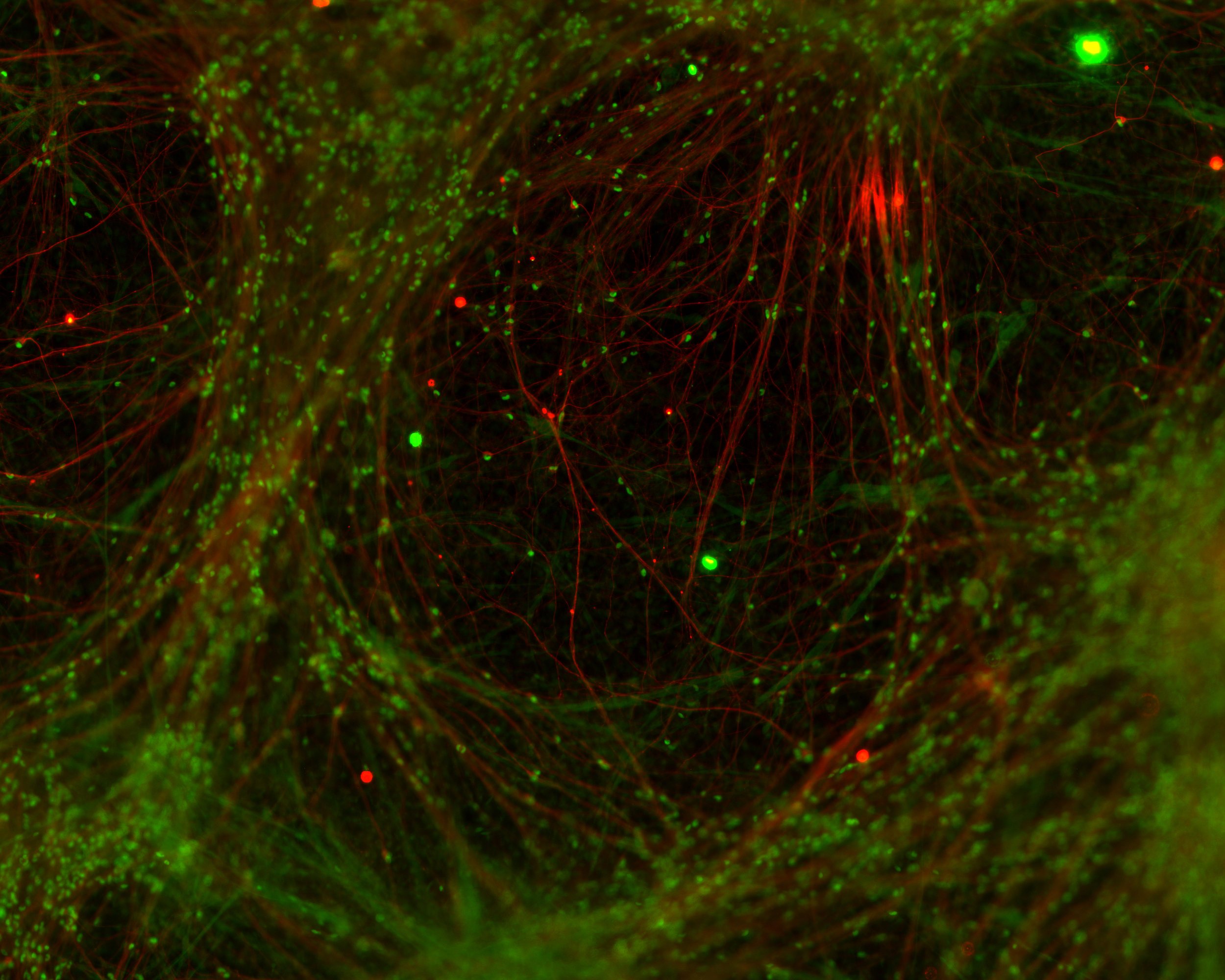
research goals & current projects
The goal of the Charney Lab is to understand the causes of birth defects. We are particularly interested in malformations associated with an embryonic cell population called the neural crest, which contributes widely to the tissues and organs of the body including craniofacial tissue, neurons and glia of the peripheral nervous system, sympathoadrenal cells, melanocytes, and many others. Abnormal neural crest cell development is associated with numerous pathologies including craniofacial malformations like cleft lip and cleft palate, rare syndromes, and aggressive cancer. These pathologies are collectively known as neurocristopathies, and affect thousands of children born every year.
In the lab, we employ state-of-the-art genomic, proteomic, and patient-centric strategies to examine the gene regulatory networks underlying the neural crest cell lineage and the mechanistic causes of neural crest pathologies. We make use of human pluripotent stem cells and organoids to model human cell differentiation and couple this work with in vivo studies using the chick embryo. We also engage in collaborations to develop patient-derived induced pluripotent stem cell lines to model neurocristopathies, and work with clinicians and patient organizations to remain on the cutting-edge of new discoveries that will allow us to advance human health.


